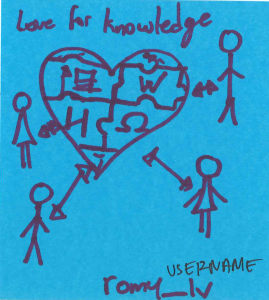
In the rapidly evolving landscape of healthcare, technological advancements continue to play a pivotal role in improving patient care and streamlining processes. One such innovation that has garnered significant attention is the Electronic Private Prescription System (EPPS). This digital solution is transforming the way prescriptions are generated, transmitted, and processed, offering numerous benefits for both healthcare professionals and patients.
- Efficiency and Accuracy:EPPS eliminates the need for traditional paper prescriptions, reducing the likelihood of errors associated with illegible handwriting and manual data entry. Healthcare providers can now generate electronic prescriptions swiftly, ensuring accuracy in medication orders and dosage instructions. This efficiency not only saves time but also contributes to enhanced patient safety.
- Improved Accessibility:With EPPS, prescriptions become instantly accessible to authorized healthcare professionals, pharmacies, and patients. This accessibility streamlines the prescription fulfillment process, enabling pharmacists to prepare medications in advance and allowing patients to conveniently pick up their prescriptions without delays. This digital accessibility is particularly beneficial in emergency situations.
- Enhanced Patient Engagement:EPPS promotes active patient involvement in their healthcare journey. Patients can receive their electronic prescriptions directly, view medication details, and access valuable information about potential side effects and drug interactions. This transparency fosters better communication between healthcare providers and patients, leading to improved medication adherence and overall health outcomes.
- Interoperability and Integration:The interoperability of EPPS facilitates seamless communication between various healthcare systems. Integration with electronic health records (EHRs) allows for a comprehensive view of a patient’s medical history, ensuring that prescriptions are aligned with the individual’s health status. This interconnectedness enhances overall patient care by providing a holistic understanding of the patient’s health.
- Security and Compliance:EPPS prioritizes the security of sensitive patient information. Robust encryption and authentication protocols safeguard electronic prescriptions, mitigating the risk of unauthorized access or tampering. Furthermore, EPPS adheres to regulatory standards, ensuring compliance with healthcare data protection laws and regulations.
- Cost Savings:The adoption of EPPS can lead to cost savings for healthcare providers and pharmacies by reducing the expenses associated with paper, printing, and storage. Additionally, the streamlined processes and reduced likelihood of errors contribute to more efficient use of resources, ultimately lowering overall healthcare costs.
Conclusion:
The Electronic Private Prescription System represents a significant leap forward in the digitization of healthcare processes. By enhancing efficiency, accessibility, patient engagement, interoperability, security, and cost-effectiveness, EPPS is reshaping the prescription landscape. As healthcare continues to evolve, embracing such technological innovations becomes paramount in providing optimal patient care and improving the overall efficiency of the healthcare system.




